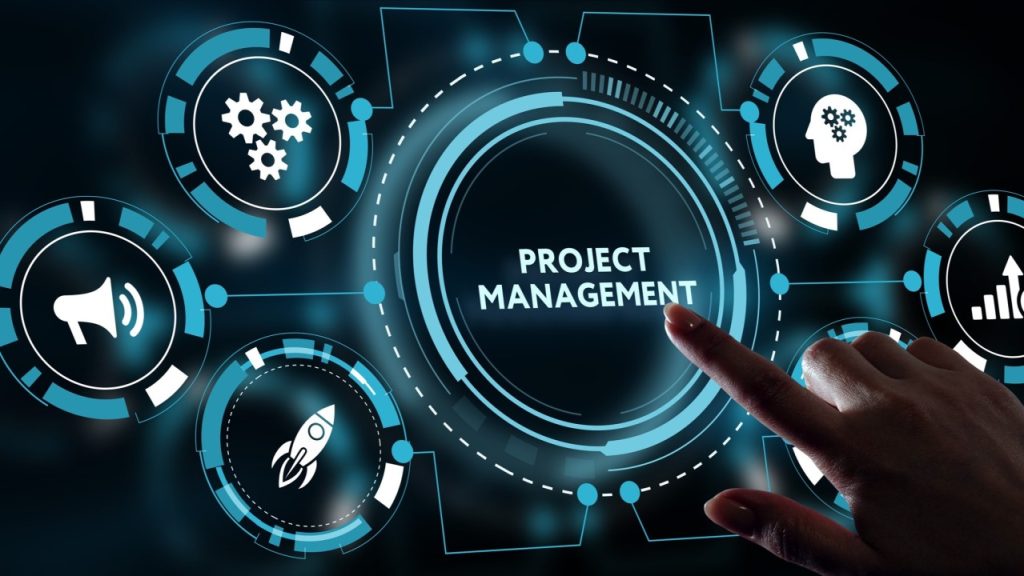Corporate Training -B2B
Did you know that it’s 2.5x more expensive to hire a new employee than to re-skill a current one?
As organizations face rapid changes in critical roles due to many struggle to adapt. Employees seek skill development and career advancement but companies often focus on external hires.

Corporate training B2B (Business-to-Business) involves educational programs designed to improve employees’ skills and performance within organizations. Delivered by specialized providers, these programs cover topics such as leadership, compliance, technical skills, sales, customer service, and soft skills.
Key features of B2B corporate training include:
- Customized Programs: Tailored to the specific needs of the organization.
- Variety of Delivery Methods: Offered in formats like in-person workshops, online courses, and webinars.
- Scalability: Suitable for different team sizes, ensuring uniform learning across the organization.
- Focus on ROI: Aimed at demonstrating the return on investment and linking skill development to business outcomes.
- Continuous Improvement: Includes ongoing resources for development and adaptation.
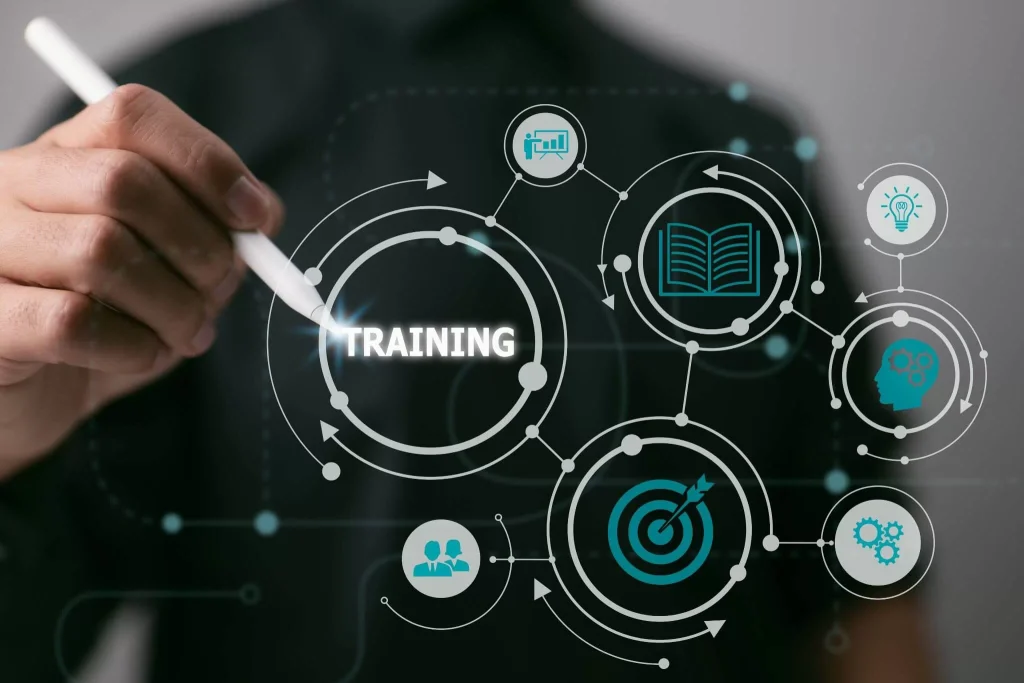
up scaling knowledge, Demonstration with practical involvement , ending with capturing Knowledge
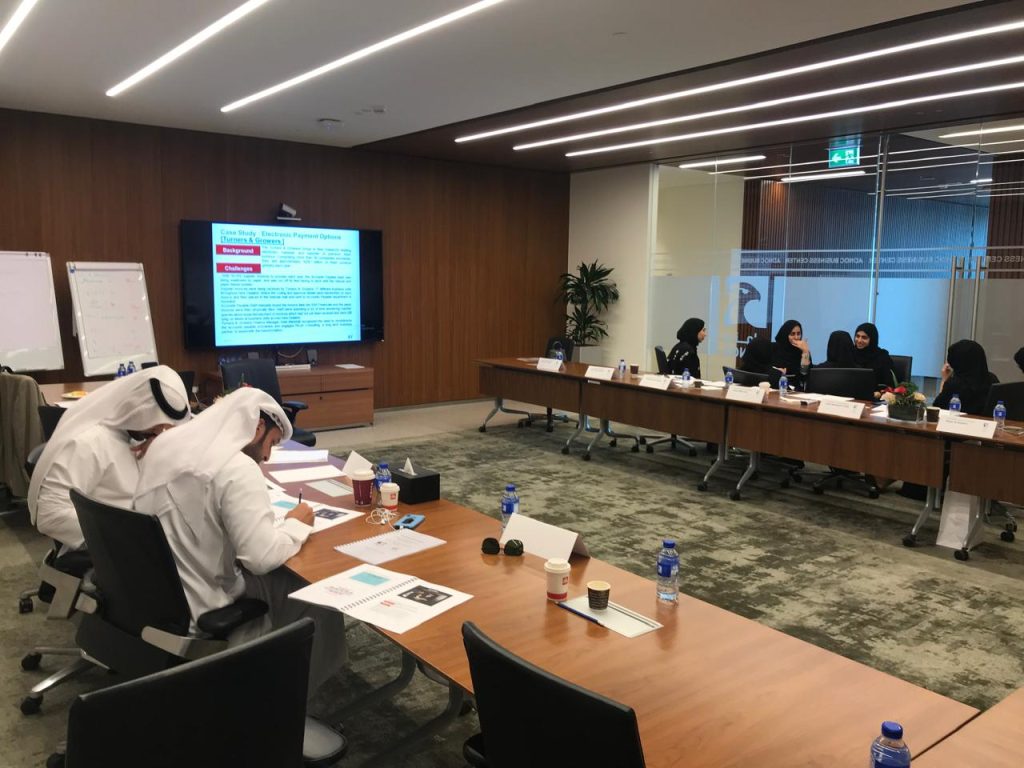
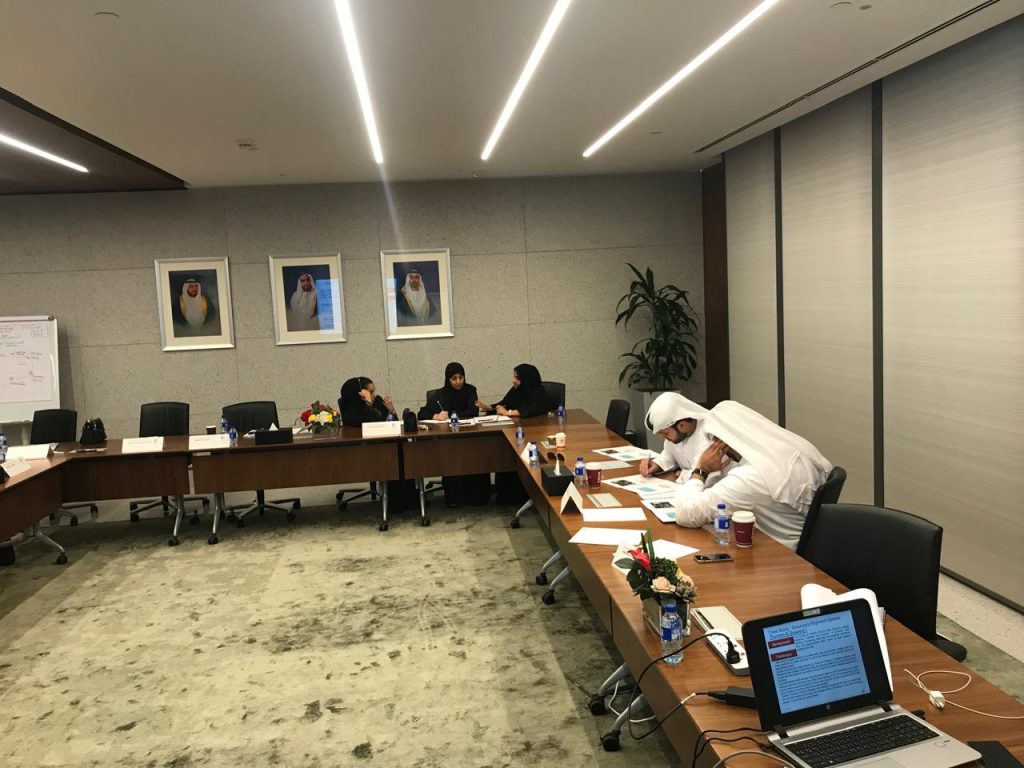
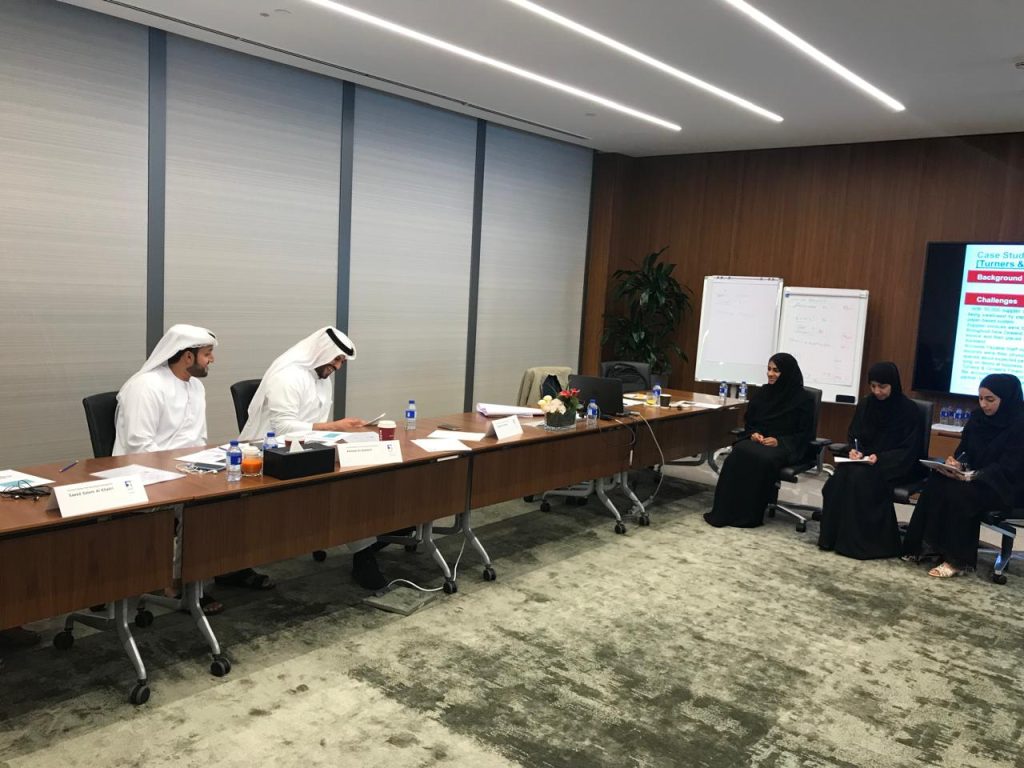
Corporate Governance Program
Briefing
Aims to empower participants with the knowledge and skills necessary to implement effective governance practices within their organizations. By focusing on best practices, regulatory compliance, and ethical standards, this program will help participants navigate the complexities of corporate governance in today’s dynamic business landscape. Customization options can be incorporated to align with specific organizational needs and audience demographics.
So it`s is vital for organizations looking to establish
- Strong governance frameworks,
- Ensure compliance, and
- Promote ethical practices.
Objectives
- To establish a robust corporate governance framework that ensures the long-term success and sustainability of the organization
- To promote transparency, accountability, and responsible decision-making among stakeholders
- To enhance the organization’s reputation and credibility in the market
- To equip participants with knowledge of best practices in corporate governance.
- To understand the roles and responsibilities of boards and their members.
- To foster ethical standards and compliance within organizations.
- To develop frameworks for effective risk management and stakeholder engagement.

Individual Training-B2C

Our Advice Starting :- from (TNA ) where you should start / measure your progress & what fits your strategic Objectives Now & In Future
involves outlining objectives, content, methods, and evaluation processes tailored to the specific needs of the individual.
START-UP PROGRAM
Briefing
It consists of general Understanding of main Business Elements to cover business idation & Objectives to help shaping the Business related Vision , Strategic direction & Business Plan
Objectives
- Cover basic Business Elements
- Set ground roles for Startup Entrepreneurs
- Business Coach based on Business Case.

Business Foundation & Planning
Briefing
Creating such Program can be instrumental for aspiring entrepreneurs, business leaders, or anyone interested in
- understanding the fundamentals of running a successful business.
- covers the essential aspects of business foundation and planning.
Objectives
- To provide participants with a solid understanding of the foundational elements of a business.
- To develop skills necessary for effective business planning and strategy formulation.
- To enable participants to create a comprehensive business plan tailored to their business idea or current venture.

Leadership Program
Briefing
can be an essential initiative for organizations aiming to develop effective leaders at all levels. through an outline for a comprehensive Leadership Program, covering vital skills and concepts that aspiring and current leaders should master.
Objectives
- To cultivate leadership qualities and competencies in participants.
- To enhance communication, decision-making, and problem-solving skills.
- To develop emotional intelligence and team-building capabilities.
- To provide practical tools for effective leadership in various organizational contexts.

Business Performance Management
Briefing
Crucial for organizations seeking to :-
- enhance their operational efficiency,
- align their strategies (Strategic directions) with performance objectives (OKRs) , and drive continuous improvement and their (KPIs)
- provide participants with the skills and knowledge necessary to effectively measure, manage, and
- enhance business performance.
It incorporates practical tools and methodologies, ensuring that participants can apply their learning directly to their organizations.
Objectives
- To equip participants with the understanding of performance management frameworks and best practices.
- To develop skills necessary for setting, monitoring, and evaluating performance metrics.
- To enable participants to create strategies for continuous improvement and goal alignment within their organizations.

Project Management Program
Briefing
For organizations/ Individuals aiming to enhance their project handling capabilities and equip their teams with essential project management skills. Below is an outline for a comprehensive Project Management Program that covers key principles, methodologies, and practical skills.
Objectives;
- To provide participants with a solid understanding of project management fundamentals.
- To equip participants with tools and techniques for effective project planning, execution, monitoring, and closure.
- To enhance teamwork and communication skills essential for successful project management.
There are different PM Methodologies , famous ones : Waterfall & Agile
- Introduction to project management concepts and life cycles.
- Techniques for project planning, including creating work breakdown structures and timelines.
- Resource management strategies for effective allocation and stakeholder communication.
- Risk assessment and management techniques.
- Leadership skills for project execution and quality control.
- Agile project management practices.
- Effective communication and team-building strategies.
- Best practices for project closure and evaluation.
